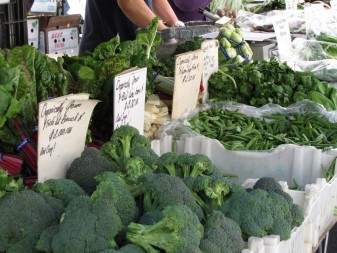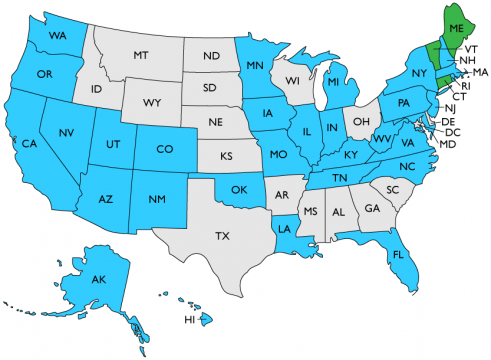Farmer and environmentalist Wendell Berry is known to many as the father of the sustainable food movement. He is an outspoken advocate for an agrarian revolution to end industrialized practices that he says are poisoning the land and destroying rural communities. In recent years Berry has promoted a 50-Year Farm Bill, which presents a long-term plan to reduce soil erosion and land pollution by replacing annual crops with perennials. His latest book, Distant Neighbors, chronicles his 40-year correspondence with poet Gary Snyder, and discusses everything from faith and family to the destruction of the environment. Berry stopped by KQED and I had a chance to speak with him about agricultural policy and current trends in the sustainable food movement.
The word “sustainability” has become very promiscuously used these days.
Yes, it’s useless.
Yeah. So I'm curious what you think of that word or how you define it.
Well, we’re stuck with the word “sustainability” because it’s clearly something we have to strive for. But we had better be a little humble about it, because we Americans have not sustained anything for very long. And the stuff that we have sustained, we haven’t done it deliberately until the last few years. So this issue of sustainability requires a lot of careful thought about ways of work and kinds of materials and it’s a conversation that we’ve just begun. The thing that we’re most needing to sustain is the health of the ecosphere, which is a big job. It then divides itself naturally into the need to sustain local ecosystems. The great fact of our time is that while our conversation about sustainability is trying to get started, we’re destroying the health of the local ecosystems.

In the past you’ve advocated for a 50-Year Farm Bill to try to address some of these problems.


